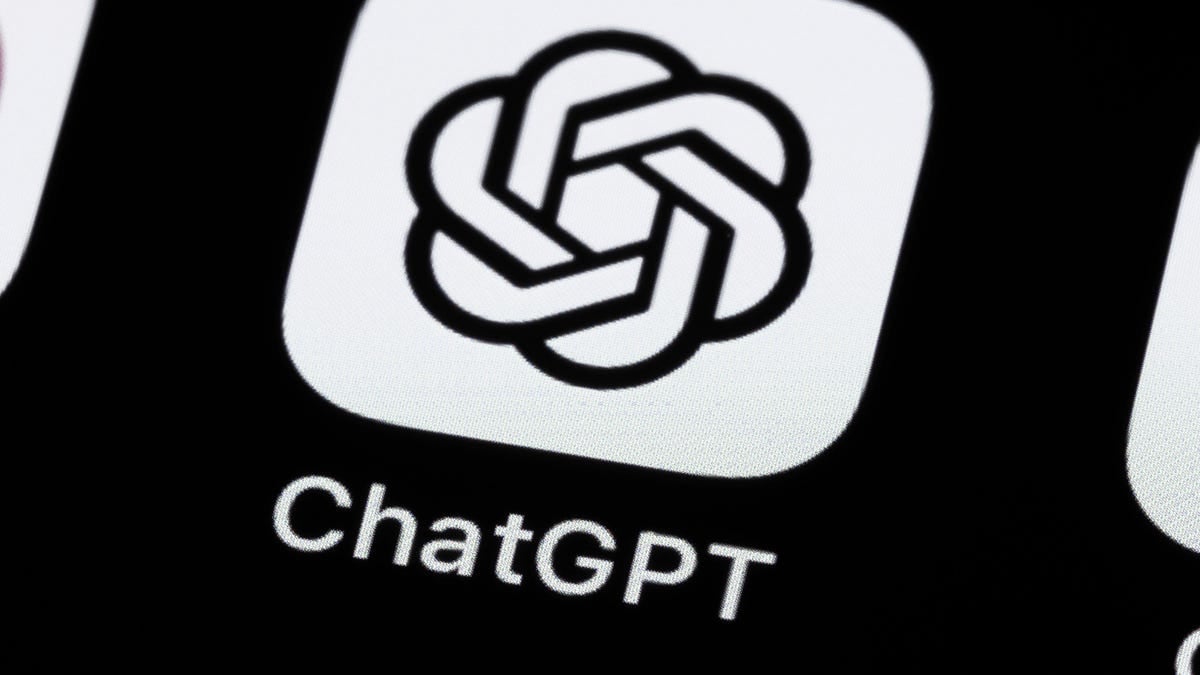- cross-posted to:
- [email protected]
- cross-posted to:
- [email protected]
The research from Purdue University, first spotted by news outlet Futurism, was presented earlier this month at the Computer-Human Interaction Conference in Hawaii and looked at 517 programming questions on Stack Overflow that were then fed to ChatGPT.
“Our analysis shows that 52% of ChatGPT answers contain incorrect information and 77% are verbose,” the new study explained. “Nonetheless, our user study participants still preferred ChatGPT answers 35% of the time due to their comprehensiveness and well-articulated language style.”
Disturbingly, programmers in the study didn’t always catch the mistakes being produced by the AI chatbot.
“However, they also overlooked the misinformation in the ChatGPT answers 39% of the time,” according to the study. “This implies the need to counter misinformation in ChatGPT answers to programming questions and raise awareness of the risks associated with seemingly correct answers.”



Yes, ML/AI has, you are correct. So far as the capabilities of GenAI goes, we have not even begun to scratch the surface of understanding how all the emergent abilities of GenAI are happening, and nobody has any idea where they will max out at. All we know is that it is finding some patterns that humans find over time as well as many patterns that humans have not been able to find. The chances that it continues to find more and more complex patterns that we have not found are much higher than the chances that we are currently at the max of its ability.
Maybe it won’t be transformers that leads to breakthroughs, it may be some completely different architecture such as Mamba/state space, but there is a good chance that transformers are a step in the direction of discovering something better.